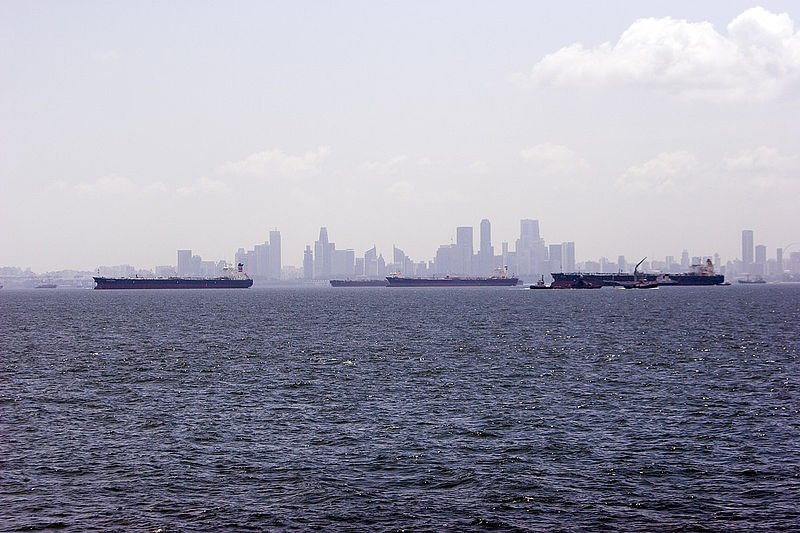Following the six attacks in the Singapore Strait all within the span of one weekend, maritime security provider MAST has urged the city state’s government to beef up maritime security in the region.
So far a total of 70 ships have been attacked in the Malacca and Singapore straits this year, which is the highest number of such incidents over this period since 2008. About seven of those attacks took place over the course of a single weekend in August, according to some security groups’ claims.
Some 84 out of the 106 global maritime security breaches that have taken place in the first half of 2015 occurred in Southeast Asian waters, according to the International Maritime Bureau. The region has emerged as a hotbed of maritime armed robbery and piracy.
“Shipping companies need to look at Best Management Practices (BMP) 4 applied in the Indian Ocean and now adapt it to counter the threat posed by local criminals in SE Asia,” said COO of MAST Gerry Northwood OBE.
Passive security measures such as watch-keeping, enhanced vigilance and anti-piracy vessel hardening defined under BMP 4 has reinforced the security of unarmed vessels passing through the Indian Ocean.
Northwood said: “Commercial shipping is highly vulnerable to acts of piracy in the waters of SE Asia and the fact that piracy is still prevalent, as borne out by the events off Singapore this last weekend, means that shipping companies, masters and crews cannot afford to relax their guard.”
Since the attacks authorities in both Malaysia and Indonesia have decided to contain growing incidents of piracy by deploying rapid response teams.
“The rapid response teams are welcomed but the onus is still on the ships and crews to take necessary precautions and ensure security measures remain effective while in transit, at anchor, in port and during cargo operations,” said Northwood.
“There is no replacement for a good lookout, along with the appropriate BMP for the area. Incidents like the one over the weekend are entirely avoidable with the right training and forethought.
“Our advice is that shipping companies adapt the highly successful BMP measures adopted by the industry for the Indian Ocean high risk area to the prevailing situation off SE Asia. With the right measures in place, the incidence of piracy and trauma to crews will be radically reduced.
“Threats to shipping are global and driven by a combination of poverty and geography. The industry faced a similar situation off Somalia where local fishermen and smugglers, who were at home in the maritime environment, were able to turn pirate and operate from locations that were beyond the reach of international and national law.
“Right now the focus maybe on SE Asia, but we must not forget that there are 26 seafarers still held hostage in Somalia.”
Listen to the IFSEC Insider podcast!
Each month, the IFSEC Insider (formerly IFSEC Global) Security in Focus podcast brings you conversations with leading figures in the physical security industry. Covering everything from risk management principles and building a security culture, to the key trends ahead in tech and initiatives on diversity and inclusivity, the podcast keeps security professionals up to date with the latest hot topics in the sector.
Available online, and on Spotify, Apple Podcasts and Google Podcasts, tune in for an easy way to remain up to date on the issues affecting your role.


